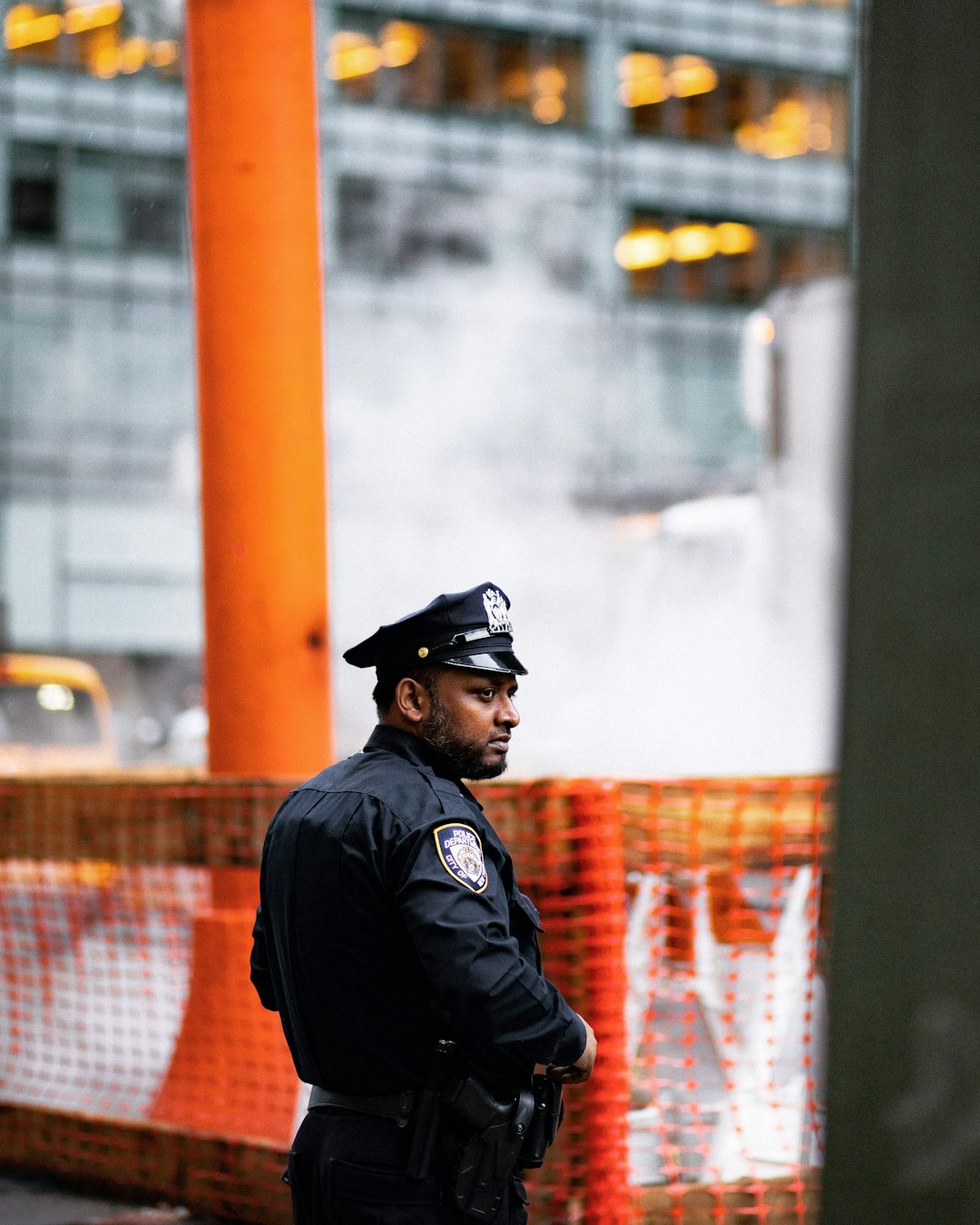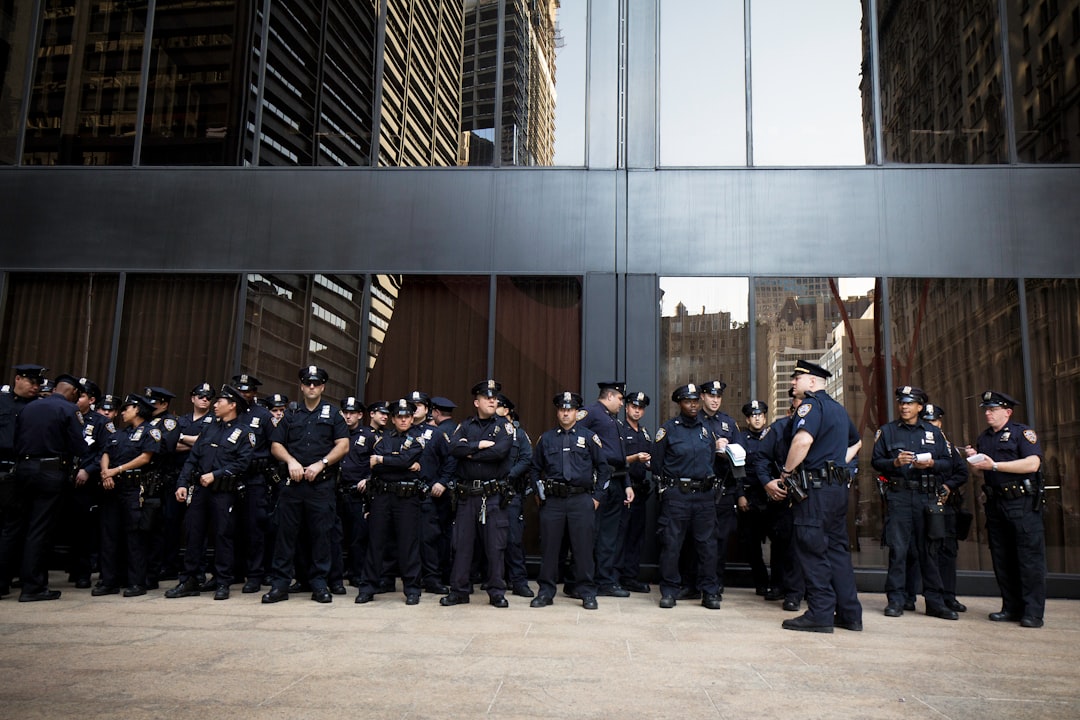All matters of police officer certification in the state of North Carolina are regulated by the Criminal Justice Education and Training commission of the state’s Department of Justice, and that’s really a good place to star the process of becoming a police officer in North Carolina.
Go to the DOJ website at http://ncdoj.gov/About-DOJ/Law-Enforcement-Training-and-Standards.aspx and click on the Criminal Justice Education and Training link.
On the left side of that page, find the link for Officer Certification Programs and on that page the link for Law Enforcement Officer, Information for Applicants link will take you to the minimum requirements you need to meet to become a peace officer in North Carolina.
These minimums requirements are mandated by the state; individual jurisdictions may have higher requirements to meet. You can find a list of all police departments in the state and links to their websites at http://ncja.ncdoj.gov/NC-Police-Departments.aspx. Using this list you can contact a particular agency and find out specific requirements and qualifications.
Requirements & Disqualification Factors
As for the state minimums, all police officers in the state must be U.S. citizens and at least 20 years old with a high school diploma or equivalent GED certificate. As is the case with other states, North Carolina has an extensive list of disqualifying factors involving criminal convictions and drug use. Here are some.
- You may not be a police officer in North Carolina if you have been convicted of a felony or a crime for which the sentence could have been imprisonment for more than two years.
- You cannot be certified a police officer in the state if you have been convicted within five years prior to applying for a job of what the state defines as a Class B misdemeanor.
- Domestic violence convictions will disqualify a candidate because federal law prohibits anyone convicted of domestic violence from carrying a handgun.
Application Process & Background Check
All applicants will be fingerprinted for a background search of local, state and national files to disclose any criminal history. All applicants will be examined by a doctor to make certain physical requirements can be met, and an additional screening will be done by a clinical psychologist or psychiatrist to assess the applicant’s mental and emotional stability.
Police Training Academy in NC
If all the initial requirements are met the applicant still will have to complete Basic Law Enforcement Training (BLET) and pass the BLET state examination. The applicant has one year from the date of passing the examination to find a job and be sworn in as a police officer.
Training Standards
Basic training will consist of 36 blocks of instruction on such topics as Firearms, Driver Training, Motor Vehicle Law, and Arrest, Search and Seizure. The full curriculum can be found at this website: http://ncja.ncdoj.gov/Commission-Courses/BLET-January-2010.aspx. Follow the links down the left-hand side to get more specifics about the individual segments of the basic training course.
Average Police Officer Salary in North Carolina
According to the Bureau Of Labor Statistics (2010), a police officer in the state of North Carolina makes between $39.450 – $43,220 per year. However the data collected by BLS is not very accurate because it does not record overtime pay or off duty work assignments. These two factors, if included in the data, would increase the average salary of a police officer in NC.
Police Officer Jobs in NC
There are several law enforcement job openings in North Carolina. Simply visit our Career Job Opening or go to the official website of the agency you are interested in to complete an application of employment. Below is a list of all the law enforcement agencies in the state of North Carolina.
|
|
|
|
|







